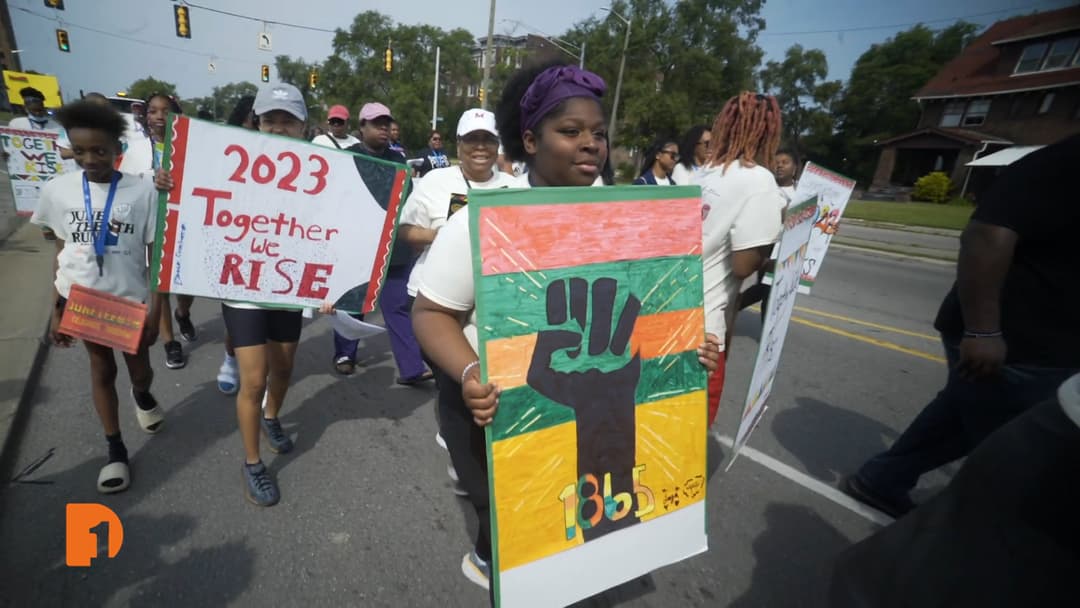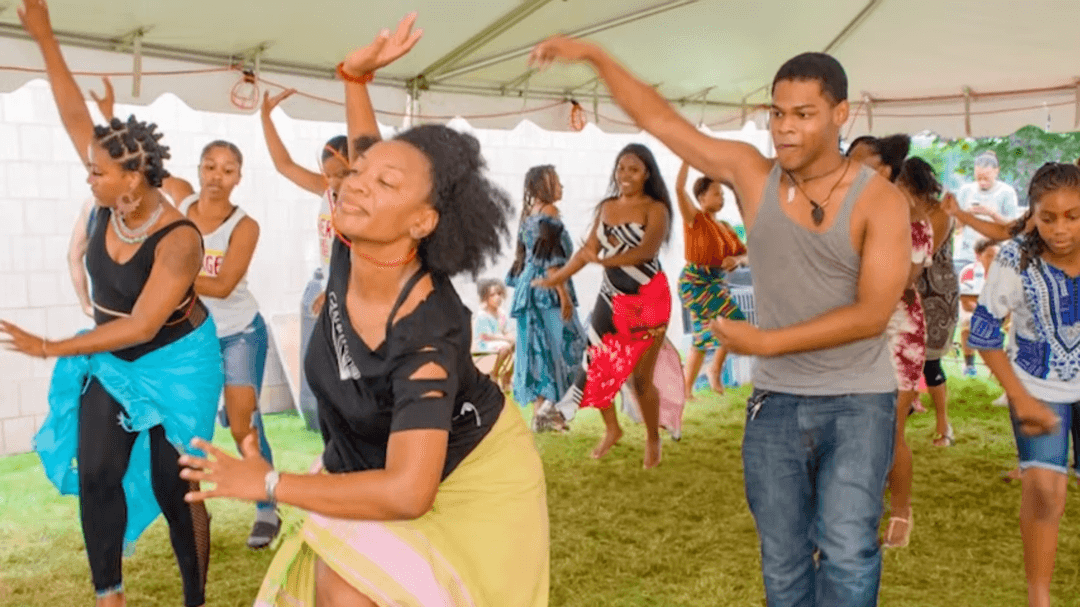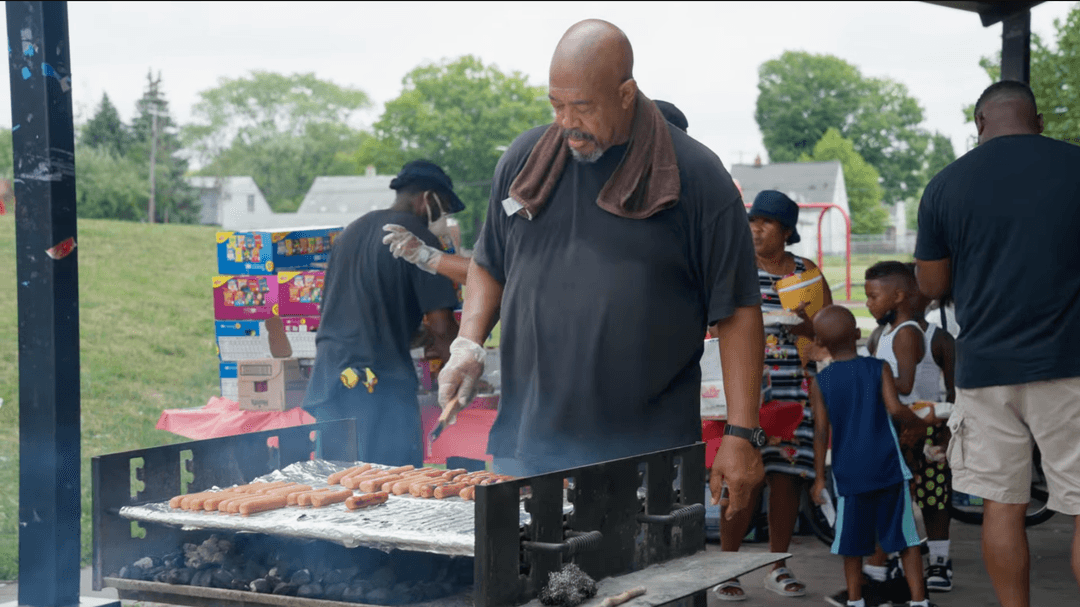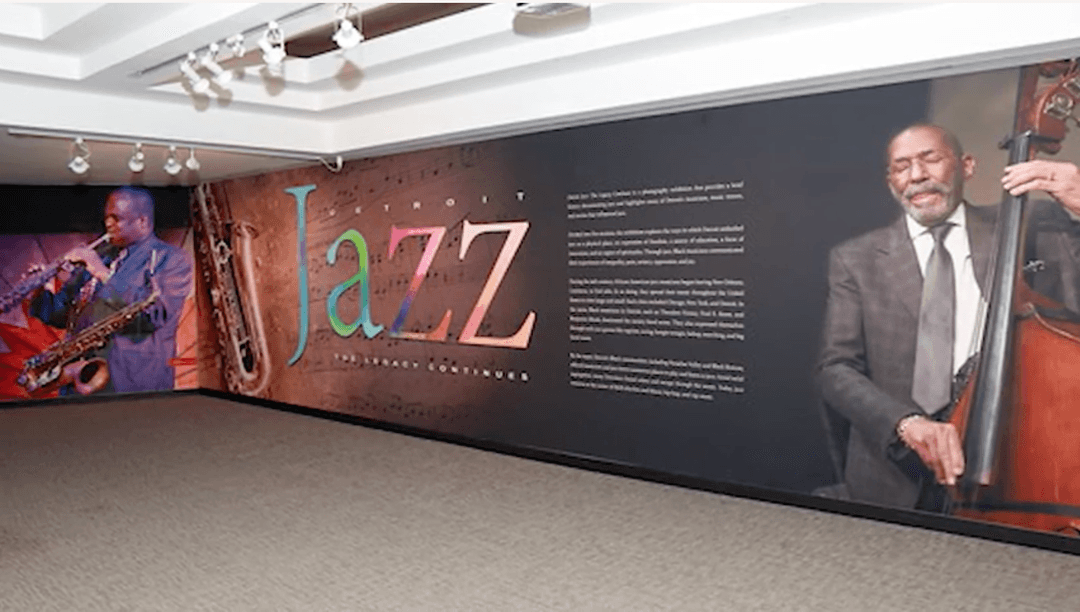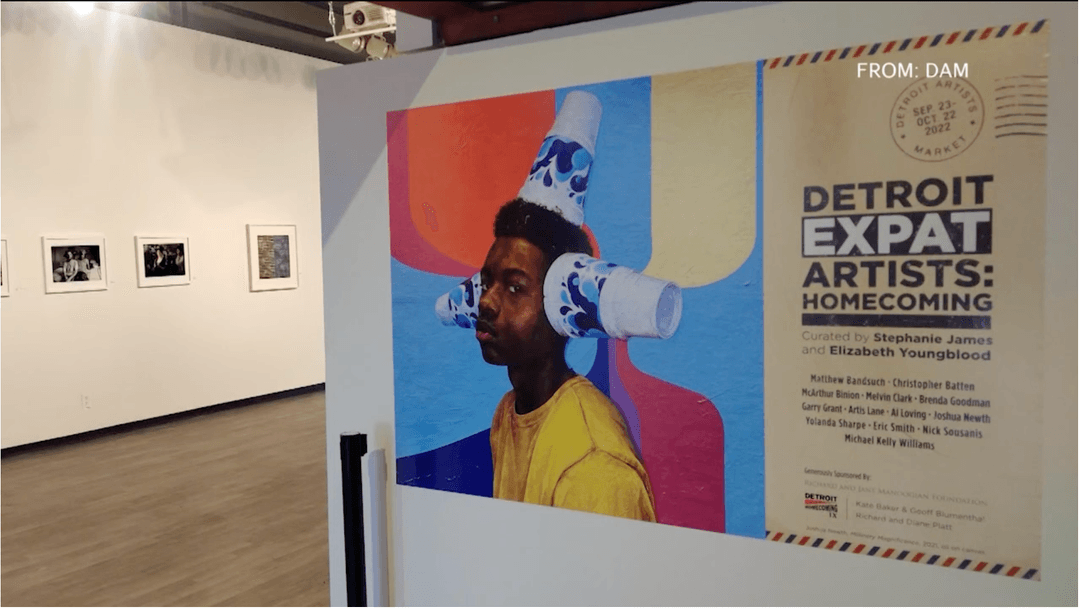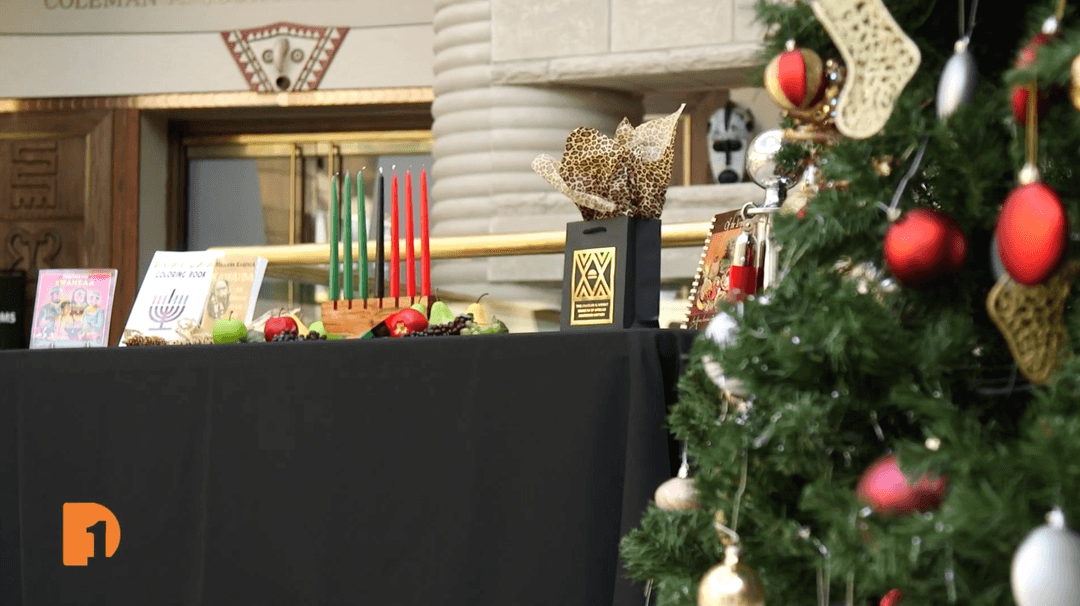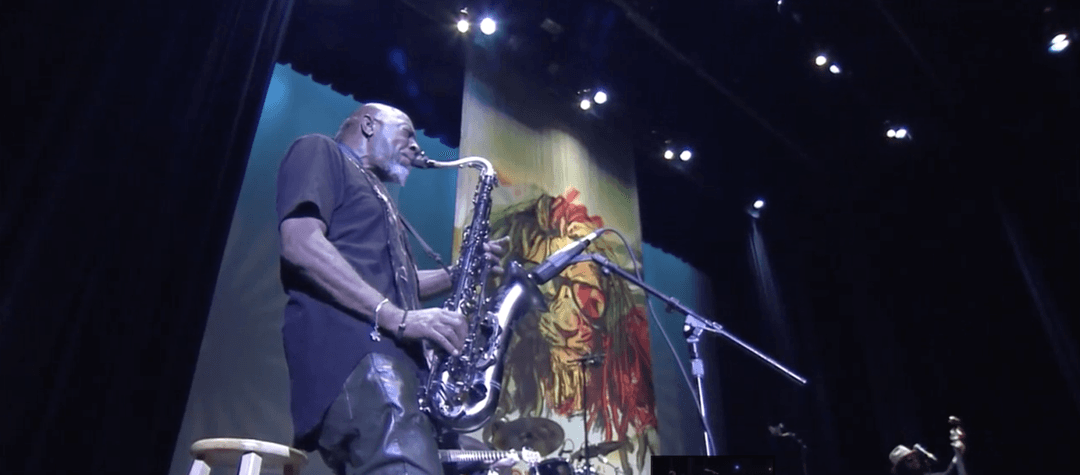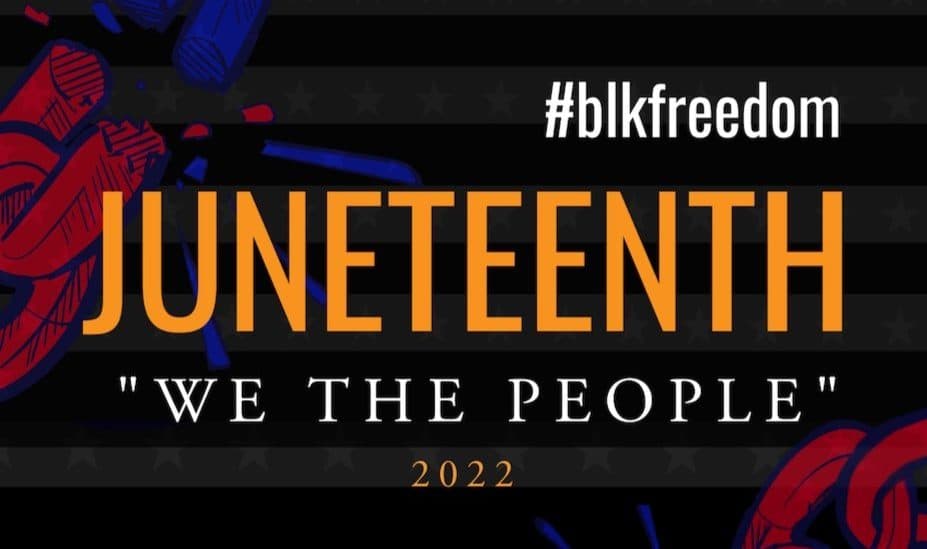African World Festival Celebrates 39th Anniversary With Return to Detroit’s Hart Plaza
Jul 28, 2022
The Charles H. Wright Museum of African American History’s 39th annual African World Festival celebrated its anniversary this July with a return to the location where the festival got started: Detroit’s Hart Plaza.
RELATED: African World Festival Returns to Downtown Detroit’s Hart Plaza
The annual African World Festival, the largest celebration of the African diaspora in Detroit, featured a host of musical performers; special programming for children and families, like storytelling and a walking history tour; information booths with community resources; and more than 150 food, art and clothing vendors. The festival ran July 15-17, 2022.
One Detroit contributing producer AJ Walker takes viewers to Hart Plaza on Detroit’s riverfront for a look at how the 39th annual African World Festival played out this year.
Full Transcript:
Stephen Henderson: Hi. Welcome to American Black Journal.
Nija Kai, Director, Charles H. Wright Museum’s African World Festival: Thank you, Stephen. We appreciate you inviting us back this year.
Stephen Henderson: Yeah, and of course, we have you back because we are about to have a lot of fun again at the African World Festival. Tell us what the people have to look forward to this year.
Nija Kai: Thanks. It’s absolutely going to be a lot of fun. We’re returning to the riverfront in downtown Detroit. And that plaza and the site of the beautiful Detroit River and the scenes from Windsor, Canada, always bring some wonderment to the event being on an international waterway. We, of course, are going to bring all of the entertainment, food, special activities.
Nija Kai: We target all of our community, from the elders to the children to the teenagers and young adults. We bring music, we bring food, we bring drinks, we bring vendors. I think there are 150 vendors right now from all over the world with items that are one of a kind. And our folks enjoy shopping with the event. So again, it’ll be the wonderful event that we all are accustomed to with a few little extras this year.
Stephen Henderson: Yeah. So let’s talk about this return to Hart Plaza. When I was a kid growing up here in Detroit, that was where I first experienced the African Festival. And my memory is it was part of the ethnic festivals that we had at the Plaza. They would kind of have every week a different, a different festival. Why is it so important to go back to Hart Plaza?
Nija Kai: Well, I’ll tell you one thing. We kind of were outgrowing the museum site. Hart Plaza is designed for this type of event, and the expansiveness of that space really works for this event. We loved being at the festival, at the museum grounds, and I think it was wonderful to reattach this festival to the right museum, who are the presenters each year.
Nija Kai: But we kind of wore out the grass and were overriding the neighbors, so it was time to head back downtown and we’re grateful that all things came together so we could do that.
Stephen Henderson: Yeah. One of the great things about this festival is that it really celebrates the African diaspora, the idea that Africa is everywhere in the world. And I think that’s such a positive spin on, you know, a history that is, of course, difficult and troubled. But talk about the idea that, you know, Africa and where we’re from and who we are is a part of every place on earth.
Nija Kai: You know, as a young person, it dawned on me one day walking around and looking at all the growth that I was seeing. I was in Washington, D.C. and there were daisies and roses and periwinkles and cherry trees and all kinds of flowers. And then there were all these different grasses, you know, the tall seagrasses and the blue Kentucky grass and all these different types of grasses.
Nija Kai: And I thought, wow, people will accept all types of flowers and call them flowers. And people will accept all types of grasses and call them grasses. But people won’t accept all types of humans and relate to them as equal people. So that’s one of the reasons I love doing the African World Festival. It allows us to display and enjoy the vastness of the African world. The fact, as you said, that we are everywhere.
Nija Kai: We have traversed this globe from time immemorial. And so we are grateful to have this wonderful opportunity to invite the full community to come in and celebrate with us as we display and exhibit and perform and provide delicious cuisine and create this beautiful environment where we can get to know each other, celebrate traditions, enjoy the new innovations. It’s a great opportunity, and I’m grateful to see over these years how this community has responded to this event.
Stephen Henderson: Yeah, also super important that we do this in Detroit. Given the importance of the African American story to this city, talk about the ways in which this might look different than it would in other cities.
Nija Kai: Oh, yes. I was one year working diligently in the office and I got a call. It was a city council member from a smaller town in Ohio, and she had somehow stumbled upon the African World Festival and had planned to bring and did bring two busloads from her town and a neighboring town of African-American people because they don’t have this type of activity in their community.
Nija Kai: So absolutely, we consider Detroit the center of the world. So everybody knows that almost everything worth anything originates from here or gets better when it lands here. And so, yeah, we know that this is important. And luckily, we have structure, institution, educated people, people who are willing to invest in allowing this event to be as large and wonderful and welcoming of all people as it is.
Stephen Henderson: Yeah. So I want to talk a little about the fee that is going to accompany the festival this year. I would say anything worth having and experiencing is worth paying for, but of course, there are people who are used to it being free. Talk about why it’s important to have that revenue to keep the festival going.
Nija Kai: That’s it right there, sir. In order to keep the festival going, there has to be revenue.
Stephen Henderson: Yeah.
Nija Kai: And this move downtown in this post-pandemic, expensive world that we’re living in. Yes, we were required to institute a fee. What I love about this fee is the first line is members are free. And so this is a benefit with your membership. And certainly, when people ask me about the fee, I say, well, it doesn’t bother you. You’re a member, right?
Nija Kai, Director: That’s my attitude. I think we should all be members and we should all make our children members and we should keep those memberships current. If you’re not a member and do not have a current membership card that you can show at the entrance, then the fee is $15 per day, per single adult and $10 per day, per child.
Nija Kai: And so we encourage you guys to make these investments into this event because we want to see it continue. We want to see it grow, and it’s necessary. As everybody knows, funding is shaky and shady all over the place.
Stephen Henderson: Yeah
Nija Kai: It’s needed. And this event, we promise you’ll get much more than you’re going to pay for.
Stephen Henderson: Or better still, join the museum where your membership gets you all kinds of wonderful access and benefits and things like that. And then you can just go on to the festival like, like the other things that you get.
Stephen Henderson: Yeah. So, you’ve said a couple of times and emphasize that this is a festival for everybody in our region and everyone is welcome. But I want to go back to that and have you talk just a little more about how important that is. This is not about excluding people. This is about welcoming everyone into our experience.
Nija Kai: Right. Right. This is an opportunity for us to recognize that we are now in 2022. And at this stage in our human evolution, hopefully, we’re all growing closer as we learn the truths of history and deal with the pains and the arrows and, you know, come to a level of reckoning with who we have been as human beings in the past.
Nija Kai: And at this point now, I mean, if there’s a French festival, I’ve never had anybody tell me that I shouldn’t enjoy the French festival. And when the Italians have a festival, I’ve been to several of them in New York and enjoyed the foods and the opportunities to share in that culture.
Nija Kai: So we absolutely want everybody to now open themselves up and recognize that everything African or black or African American does not come with a warning sign that Oops, this is not for me. This might be a wonderful opportunity. And we think the festival is one of the best opportunities to immerse yourselves in the best of African culture.
Stay Connected:
Subscribe to One Detroit’s YouTube Channel & Don’t miss One Detroit Mondays and Thursdays at 7:30 p.m. on Detroit PBS, WTVS-Channel 56.
Catch the daily conversations on our website, Facebook, Twitter @DPTVOneDetroit, and Instagram @One.Detroit
View Past Episodes >
Watch One Detroit every Monday and Thursday at 7:30 p.m. ET on Detroit Public TV on Detroit Public TV, WTVS-Channel 56.
Stay Connected
Subscribe to One Detroit’s YouTube Channel and don’t miss One Detroit on Thursdays at 7:30 p.m. and Sundays at 9 a.m. on Detroit PBS, WTVS-Channel 56.
Catch the daily conversations on our website, Facebook, Twitter @OneDetroit_PBS, and Instagram @One.Detroit
Related Posts
Leave a Reply
Your email address will not be published. Required fields are marked*
